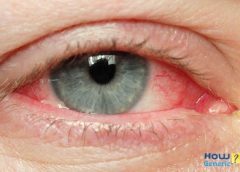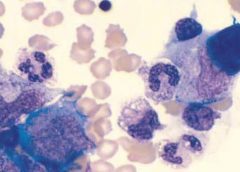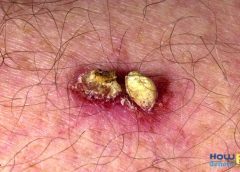Spread the loveIncluding nuts in your daily diet is good for your heart and can lessen the risk of heart disease. Nuts contain high amounts of unsaturated fats, which help clear out your arteries and promote healthy colon function. In addition, nuts are high in fiber, keeping you feeling full…
Read MoreCategory: Health & Fitness
How to Prevent Childhood Obesity
Spread the loveChildhood obesity has become a prevalent medical condition in the United States. Between 5 and 25 percent of children and teenagers in the United States are obese (i.e. 1 out of 3 kids are now considered overweight or obese). The term “childhood obesity” may refer to both children…
Read MoreHow to Prevent Gas While Eating a High Fiber Diet
Spread the loveHigh fiber diets provide good nutrition and are healthy alternatives to diets rich in fats and sugars, but at a price. One of the most uncomfortable and embarrassing side effects of a high fiber diet is an abundance of intestinal gas. There are a few things that you…
Read MoreProper Diets for Controlling or Lowering Cholesterol
Spread the loveCholesterol is produced from saturated fat. A good cholesterol-controlling diet, therefore avoids foods high in saturated fat, and if possible eliminates them altogether. In cases where certain foods cannot be totally avoided, they should be consumed in very low quantities. Some of these foods are processed foods and…
Read MoreHow to treat cancer?
Spread the loveCancer is a devastating disease that can affect anyone at any time. Cancer is the abnormal growth of cells, and those cells can attack just about any part of the body. Patients can have breast cancer, lung cancer, skin cancer, pancreatic cancer, bone cancer and colon cancer, just…
Read MoreHow to prevent eye diseases?
Spread the loveVision is debatably the most important sense of the body and as such your eyes must be protected. As you grow older, however, you become susceptible to certain eye diseases. With knowledge some of these eye diseases are preventable. Set a regular eye exam appointment. Children usually get…
Read MoreHow to identify skin diseases?
Spread the loveSkin diseases vary and can be hard to identify just by looking at it. It is always preeminent to go to a dermatologist to find out precisely what kind of skin disease you have and how to treat it, however, for the most part you will be able…
Read MoreHow to detect cancer?
Spread the loveCells are very small units that constitute all living organisms, including the human body. In healthy individuals, cells tend to grow and divide according to its normal rate and stop growing after reaching its ideal development. When these cells die, such as dead skin cells that flake off,…
Read MoreHow does Skin cancer form?
Spread the loveHow does Skin cancer form? Skin cancer occurs when skin cells become damaged. Normal skin cells replicate at a precise rate to be able to shed old skin cells and build new ones. However, when skin cells become cancerous, they mature out of control. The dividing cells bulge…
Read MoreHow does prostate cancer develop?
Spread the loveProstate cancer is the second most commonly diagnosed cancer (after skin cancer) in. It is located in the prostate, found only in men. The prostate rests just below the bladder and contains cells that create seminal fluids. Prostate cancer develops from the gland cells. Although other types of…
Read More


















